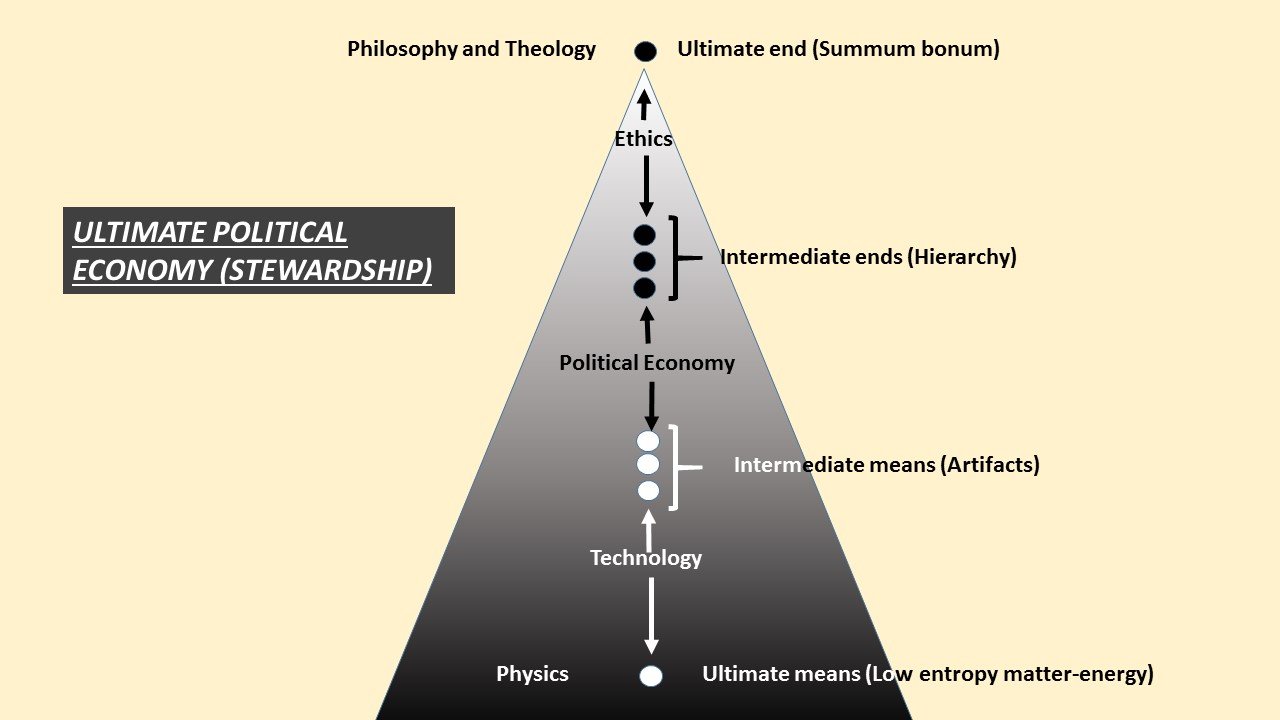Bad Bros and Their Bitcoin
by Brian Snyder
Bitcoin needs to end, now. And other blockchain-based currencies along with it. If, like many people, you only have a vague idea of what Bitcoin is, you need to know two critical facts. First, Bitcoin is a currency that is “mined” via computing calculations, and second, in aggregate those calculations use about as much energy as the nation of Argentina. To make matters worse, that energy use is growing.
A recent analysis in Nature Communications estimated that by 2024 bitcoin mining in China alone would require nearly 300 terawatt-hours (TWh), with 130 million tons of corresponding CO2 emissions.
In 2020, “Bitcoin Bros” mined about 400,000 bitcoins and consumed something like 120 TWh of energy. Given an exchange rate of one bitcoin to $50,000 (roughly its price today), this 120 TWh “generated” a product worth about $20 billion. Thus, each dollar’s worth of bitcoin required about 6 kWh to produce. But, since 65 percent of the energy used to produce electricity is lost as heat, this means it took about 17 kWh of primary energy to generate $1 of bitcoin.

Bitcoin mining (CC BY-ND 2.0, Marko Ahtisaari)
In contrast, U.S. GDP was $21 trillion in 2019 and consumed about 100 quadrillion BTUs of primary energy. That works out to about 1.4 kWh of primary energy per dollar of product produced. Thus, Bitcoin is at least ten times more energy intensive than the average of the U.S. economy, which is itself far from energy efficient.
Bitcoin is even more wasteful than this comparison suggests for at least two reasons. First, Bitcoin prices may be inflated. I assumed that one bitcoin produced $50,000 worth of product, but that reflects Bitcoin’s current high price which may or may not reflect its future exchange rate. But second and far more critically, unlike Bitcoin, and generally speaking, the U.S. economy improves people’s wellbeing. I am frequently critical of the utilitarian and monetary methods by which we quantify this wellbeing, but there is no doubt that the production of food, shelter, art, education, healthcare, clothing and myriad of other goods and services makes everyone’s lives better.
It is worth thinking about Bitcoin’s actual use. What is the difference between a bitcoin and $57,000, its going rate as of this writing? As a cryptocurrency, Bitcoin is untraceable. That is it. The only marginal utility of bitcoin over an equivalent pile of dollars is that one is better for use on the black market. And for that marginal utility, we are willing to dissipate 120 TWh of precious electrical energy.
Cost and Benefits
The production of Bitcoin is inherently uneconomic. It does not produce a finished good that people can consume to increase their happiness, nor does it provide a service, nor does it provide a raw material that can be used to produce goods and services. It is an encrypted code that people will pay U.S. dollars to own, with no ability to make anyone’s life better except through the black market. It is little different from gold or diamonds; it’s the next shiny object of human greed and we will destroy the planet and each other to get it.
But what makes Bitcoin uneconomic is not just that it has no real benefit; it is that its costs are so great. Electricity production, the raw material of Bitcoin mining, has a profound human cost. Globally, four million premature deaths occur each year as a result of air pollution, a sizeable fraction of which are due to coal and natural gas combustion in power plants. In a 2007 review in The Lancet, researchers found that coal and lignite killed on the order of 24 to 32 people per TWh generated. Assuming that Bitcoin used 120 TWh of electricity in 2020 and that about one-third of this came from coal and lignite, this suggests that bitcoin led to the premature death of approximately 800 people in 2020.
Of course, we use electricity for many purposes and we always make a cost-benefit analysis when we turn on the lights. When we consider the human costs of electricity generation, we might agree that using electricity in a hospital is justified, but we might disagree about a university or a baseball stadium. But I hope that we can admit that using electricity, and thus killing people, solely for unmitigated profit, is abhorrent. And that is what we do when we mine Bitcoin.
Illth is a handy concept first developed by John Ruskin in the 19th century and expanded by Herman Daly. Illth is the opposite of wealth, a condition that results when the real costs of production exceed the benefits. Coal is illth because its costs in terms of particulate and greenhouse gas emissions exceed the value of the electricity it produces. Methamphetamine is illth because the costs to society of meth use greatly exceed the utilitarian benefits of use. And Bitcoin is illth because the energetic costs of production vastly exceed whatever marginal value can be gained by the use of a crypto-currency over traditional currency.
What Can We Do About It?
A few years ago, Congressional hearings were held in which lawmakers appeared positively flummoxed about how to stop Bitcoin. It is startling, however, that these lawmakers believe themselves powerless in this case. A nation that imprisons a larger proportion of its population than any other on earth, continues to classify certain molecules found in nature as illegal, has proven adept at regulating curse words on TV, and has a national security apparatus capable of monitoring the digital lives of millions of people, is stymied by a few lines of computer code.
Fortunately, India seems to have remembered that fines exist and is criminalizing the mining or possession of Bitcoin (albeit not for reasons of environmental protection). The Biden administration and its allies in Congress should follow suit and criminalize Bitcoin in much the same way we criminalize drug use, with draconian prison terms for production, distribution and possession.
Obviously, the war on drugs has been less than successful and so this suggestion might seem perverse, but Bitcoin is not a drug. You cannot be addicted to it, and its ownership is a calculated investment decision, not an illness. Further, the purpose of criminalization would not be to rid the world of Bitcoin, but to end its energy-intensive production. To do so, we need to devalue Bitcoin so that its mining is not worth the energetic costs. If several of the world’s largest economies make it a crime for their citizens to own Bitcoin, demand will drop, prices will fall, and new production will cease.
In a world that is dangerously warming, it is immoral to burn fossil fuels for no productive reason, but rather purely for private profit. Yes, we all burn fossil fuels every day, and we all privately profit from that consumption. But that consumption serves a greater good. We drive to work at hospitals, we turn the lights on at factories, we heat our homes. Steady-state advocates might argue about how much of that production we need, which factories are critical and which less so, and how the benefits of production are distributed, but we all acknowledge that economic activity produces important services that improve our lives in important ways. Bitcoin does not. It uses energy, largely fossil-fueled electricity, to produce a private benefit for its producers and holders at the expense of current and future generations.






 Creative Commons
Creative Commons
Much thanks to Brian Snyder for the clarity on the bitcoin issue. Could this be similar to Collateral Debt Obligation instruments? Though it seems even more removed from any sort of real economy. Is it destined to collapse, like a chain letter?
Environmentalist and soft crypto enthusiast, here, who spends time teaching folks to craft arguments. On a technical level, I have a couple gripes with the opening sentences. First, structurally, the second claim about “other blockchain based currencies” is forgotten in the piece. Second, if it hadn’t been forgotten, we might have learned that not all currencies are the same. Proof-of-work is the “mining” that’s (sort of) described, here; proof-of-stake is a different process of creating new blocks and significantly less energy intensive. These other blockchain-base; currencies also have different and complex uses. Whereas bitcoin serves as merely a store of value (and we can write treatises about it), other blockchains have different, radical uses that could be regenerative and redistributive. Check out, for instance, Stellar Lumens, comparing the relative energy use per transaction (I think it’s lower than a Visa transaction). There’s a lot of exciting stuff we can do with this new technology, and dismissing the first instance of it, bitcoin, would be like dismissing contemporary representative democracy because the United States is such a s*** show. The point is, it would be a mistake! (Fwit, I do not own bitcoin, nor do I valorize money qua money. I do believe in the radical possibilities of crypto!)
Hi Robbie, thanks for reading and that is a very good point! When I wrote “other blockchain based currencies” I had in mind the other ones that have been in the news a lot lately like dogecoin. It is my understanding that NFTs are PoW based too. But yes, moving to a PoS system would help. That said, I don’t think crypto – regardless of the source – has utility and I think it has some profound risks. I think that if there is one lesson from the 20th century it is that unregulated capitalism is a recipe for disaster. I fear that crypto currency, even if it had low energy costs, is a step in that direction. It is essentially deregulation of the money supply which is the exact opposite of what I think we need (nationalization via the end of fractional reserve banking). If crypto can advance the common good I would love to hear about it, but I see way more risks than rewards.
Agreed about the vaporization of wealth and unregulated late capitalism! It’s a scourge.
Have you heard of the Economic Space Agency? It sounds futuristic and funny, but they’re lefties with some super cool thoughts about blockchain that will represent what I think of as the possibilities of this tech far better than I can in the comments here. Also highly suggest “The Blockchain Socialist” podcast, which alerted me to ESA in the first place. Also, and it’s a novel, The Ministry of the Future made me more hopeful than any other text about the possibilities of social relations changing to tackle climate change than any other text has in a long time, and at the center is a blockchain use case suggested by researchers in 2018 (the carbon coin, a paper by Delton Chen). Would be interested to know your thoughts!
Oops, phone auto-corrected: valorization, not vaporization lol. Tho that, too.
I sent your article to a few friends & family. This email was sent as well—
And so it goes. Congress has been remiss… once again.
I still wonder how it is that a couple decades ago the Legal Tender Law was used to prohibit the private “Ron Paul Silver Dollar” as currency/money, but today private Cryptos can be used as money. ??? The Gov’t says Cryptos are commodities, not currency, so the Legal Tender Law doesn’t apply. But Cryptos are being used as currency, and not just on the Black Market. They’re used as such all over the place. Hello!
Does anyone know how that can be? I’m not against it (except for how they create it), but the fact is: according to the Law, only the Gov’t can issue currency as legal tender. Right??? Wrong???
How to become a millionaire/billionaire>>>>>
Coming soon— the Haley CowboyCryptoCoin (CCC). You, too, can “mine” it, and only use a gazillion megawatts of energy per year in the process. Helluva deal!
Thanks for the interesting article. I am also an environmentalist and crypto enthusiast, much like Robbie from the previous comment. I feel that, analysis of the US economy’s impact vs. bitcoin’s should also include gold and silver mining, since bitcoin is more of a store of value that may potentially replace these metals in the future. Also, the potential of decentralized finance (defi) and the role of other crypto–such as freicoin– to improve governace and coops among rural communities, IMO could outweight the adverse environmental impact. Regardless, thanks for the thoughtful piece. It could be an interesting research hypothesis.
Thanks for sharing post.
lovely post your post is very benefical for us please upload more posts thank u